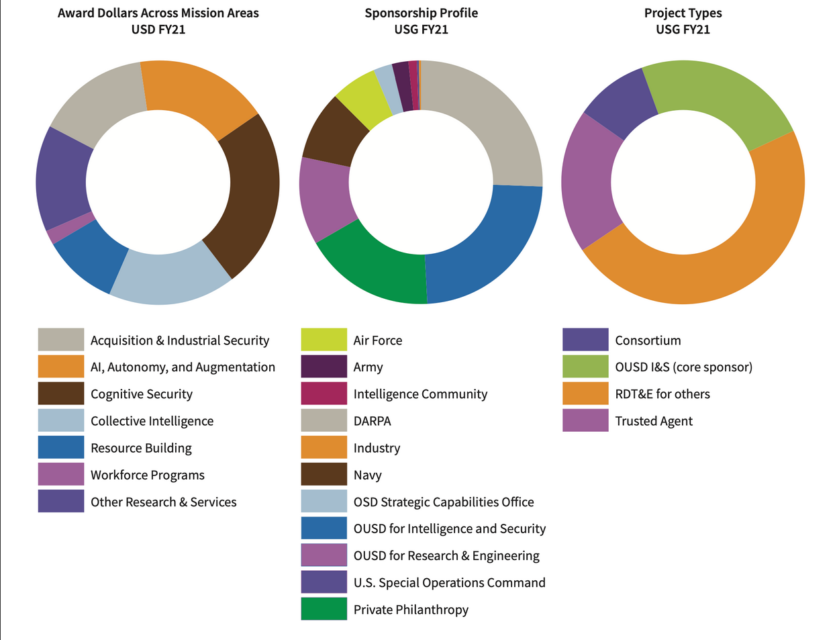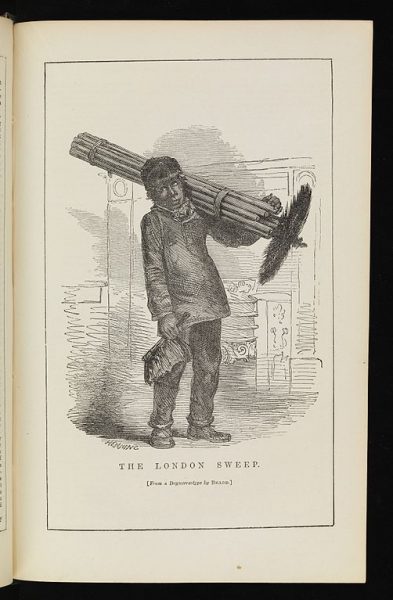Chris Bray continues digging into the activities of a Department of Defence-funded operation at the University of Maryland:
I wrote this morning about the disinformation expert Caroline Orr Bueno, a postdoctoral fellow at ARLIS — the Applied Research Laboratory for Intelligence and Security at the University of Maryland (who is identified as Caroline Orr on her ARLIS profile, so that’s the name I’ve used for her). Orr aggressively and repeatedly argues against the American political right, framing conservative politics as fascist and describing Donald Trump as an authoritarian figure. She makes a political argument, and she does it often.
This is true not only of her social media posts, but also of her published work. She’s a pro-Antifa political partisan (more about this in a moment), specifically arguing against the right and against Donald Trump rather than only studying disinformation across the political spectrum.
Now: ARLIS, where Orr works, is primarily funded by the Department of Defense, and its “core sponsor” is the Undersecretary of Defense for Intelligence and Security. You can download the 2021 annual report from ARLIS here […] You can find a description of the laboratory’s $46 million in funding on page 26 of that report:
So a research center largely funded by the military, and specifically sponsored by and aligned with the Undersecretary of Defense for Intelligence and Security, is arguing against a likely candidate for President of the United States and his supporters, participating in the work of shaping a political narrative while drawing DOD funds. Orr’s national security work as a military intelligence-funded researcher is to make sure people know that Donald Trump is bad.
This scholar has military funding:
Military intelligence is paying for politics. Military-funded academic researchers have the same academic freedom every other academic researcher has, and Orr has a right to express political opinions. But she’s doing government-funded research into the academic topic of Trump is bad so don’t support him, and that’s a misuse of federal funding and military authority. I assign the failure to the institution, not to the person. (The irony of military-funded academic leftist politics is not hard to spot, but that sort of thing doesn’t seem to matter anymore.)








